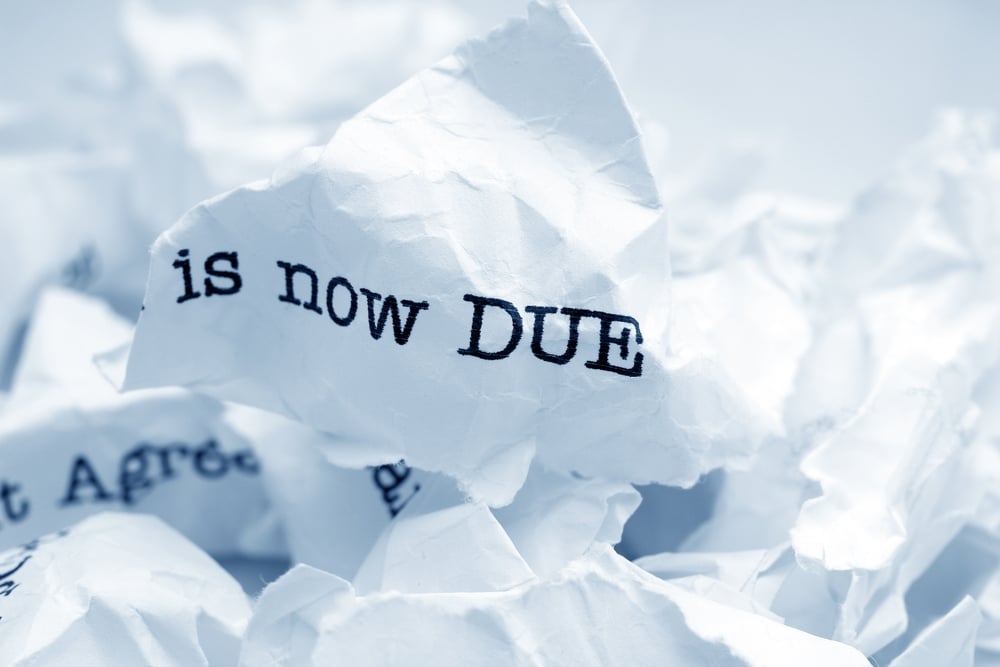
Like other creditors, the IRS has the right to collect on debts that are owed to it. People may not know, however, the precise method that the government uses to ensure that every tax dollar is paid to it in entirety. In reality, the collection process utilized by the IRS does not differ much than that used by other creditors like credit card companies and hospitals. Even so, delinquent taxpayers can benefit by knowing some of the more notable components of this collection process and how it could impact their debt to the IRS.










